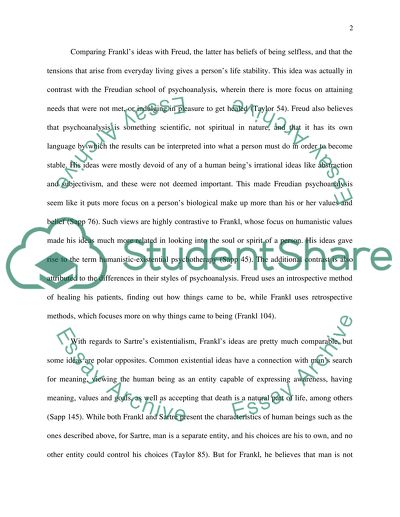Cite this document
(“Topic: Viktor Frankl professes to have been influenced by both Essay”, n.d.)
Retrieved from https://studentshare.org/philosophy/1458400-topic-viktor-frankl-professes-to-have-been
Retrieved from https://studentshare.org/philosophy/1458400-topic-viktor-frankl-professes-to-have-been
(Topic: Viktor Frankl Professes to Have Been Influenced by Both Essay)
https://studentshare.org/philosophy/1458400-topic-viktor-frankl-professes-to-have-been.
https://studentshare.org/philosophy/1458400-topic-viktor-frankl-professes-to-have-been.
“Topic: Viktor Frankl Professes to Have Been Influenced by Both Essay”, n.d. https://studentshare.org/philosophy/1458400-topic-viktor-frankl-professes-to-have-been.


